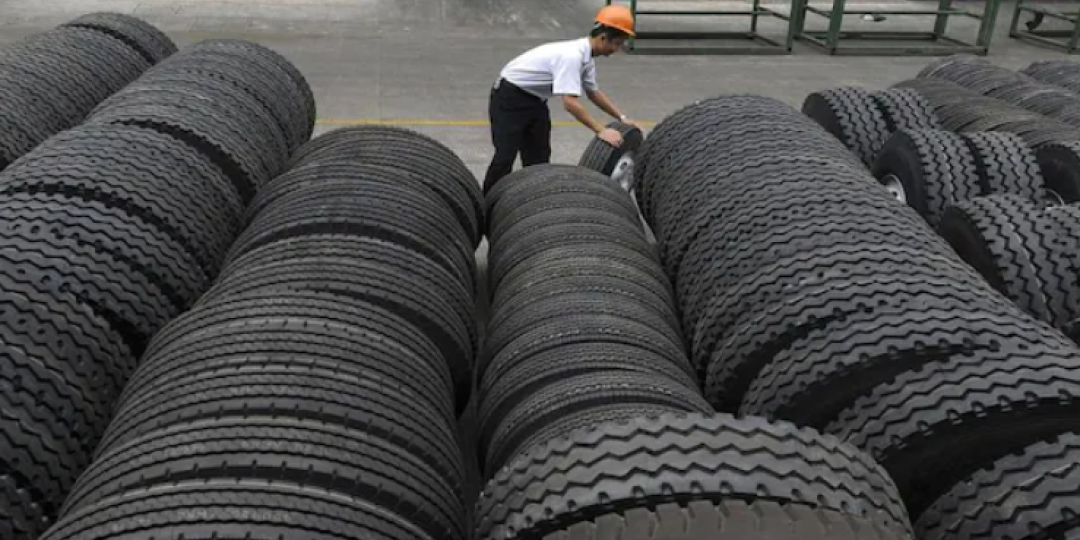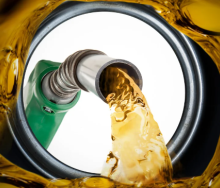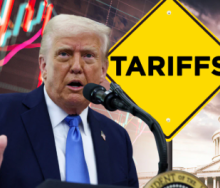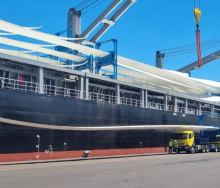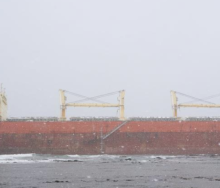The Tyre Importers’ Association of South Africa (Tiasa) has warned that the cost of tyres could rise by up to 41%, raising the cost of transport and basic goods like bread and medicine, if the four large domestic tyre producers, Continental, Bridgestone, Goodyear and Sumitomo, succeed in their latest request for anti-dumping import duty.
The SA Tyre Manufacturers’ Conference (SATMC), which comprises the four firms, has filed an application with the International Trade Administration Commission (Itac) to impose additional duties of between 8% and 69% on passenger, taxi, bus and truck vehicle tyres imported from China. Tiasa has opposed the application.
SATMC’s members were recently subjected to a Competition Commission price-fixing investigation that led to a finding that the four firms had a collusive relationship from 1999 until at least 2007. Bridgestone was granted leniency and Dunlop (Sumitomo) settled, while Goodyear and Continental still face final adjudication before the Competition Tribunal.
The secrecy behind the motivation for the latest import duty application and exact origin of tyres the four firms import have raised concern among importers and within the logistics and taxi industries.
Tiasa chairperson Charl de Villiers said the application was “absurd and misleading” because the manufacturers imported 80% of the 3 200 tyre varieties they sell locally.
“We don’t believe that if Itac approves the application they will start producing tyres locally. The four domestic tyre manufacturers already enjoy preferential import duties from their EU facilities,” he said.
He added that the imposition of duties could lead to more tyres being imported from Europe and Japan rather than China, which produced cheaper tyres of similarly excellent quality.
“These drastic cost increases will have a dire effect on all households. The sad reality is that while this application makes no sense at all, it will, if successful, add a significant cost burden to motorists, taxi and bus operators, and trucking and logistics companies. Even more concerning is that vehicle owners, when faced with such dramatic cost increases, may trade down to second-hand or illicit tyres, or simply delay replacing their tyres, which places every road user at greater risk of accidents.”
He said tyres were the third-biggest cost driver after wages and fuel, and higher duties would have a knock-on effect across the economy. The cost of taxi tyres would increase by 41%, small passenger vehicle tyres would rise by 38-40%, and truck and bus tyres by an average of 17%.
XA International Trade Advisors CEO Donald MacKay described the application as “ludicrous”.
“Continental and Goodyear import 100% of their bus and truck tyres, so they would essentially be asking for duties against themselves,” MacKay said.
He added that “even more bizarre” was that Goodyear China had opposed Goodyear South Africa’s application.
“If new duties are imposed against Chinese imports, two things will happen: the first is that those importing tyres will shift imports to other possibly more expensive markets, increasing the price of tyres, and secondly, what naturally follows the imposition of additional duties is that domestic producers and retailers will raise local prices to meet the imported cost. Great for profits, but very bad for consumers,” MacKay said.
Road Freight Association (RFA) CEO Gavin Kelly said the forecast 17% increase in the landed cost of truck tyres would translate into a 6% increase to operators, after the usual annual price hike of between 6% and 8% in August.
“Transport companies already cannot afford the ever-rising operating and fuel costs, and so an increase in the cost of tyres could become the final nail in the coffin for many operators, leading to a collapse in the country’s critical road freight logistics sector.”
He said tyres were a huge cost factor and any increase in prices would be passed on to consumers as transporters could not absorb the hikes.
This would have a knock-on effect, as more than 80% of food, medicines, fuel and other goods are transported by road, since rail is not a viable alternative.
“We are also deeply concerned about the implications for road safety. Tyres are critical to the safety of vehicles, and any rise in the costs of tyres will force some operators to trade down to inferior quality tyres, or to try and push the life of tyres to the bitter end, raising the risk for everyone,” he said.
National Taxi Alliance spokesperson Theo Malele called on the government to reject the application.
“We already estimate that taxi fares need to rise by up to 30% due to rampant petrol price increases. If tyres go up by 41%, it will have a devastating impact on our sector and commuters,” Malele said.
